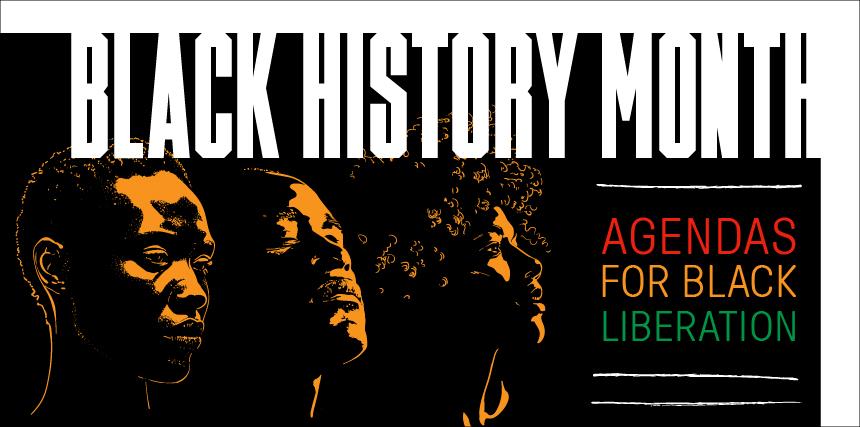We invite you all to continue to educate yourselves around the issues confronting Black communities and to contribute to the leaders who are working to create solutions. This week, our call to action is to begin to learn, understand, and celebrate the importance of the protest songs of the 1960’s and 1970’s.
The Civil Rights Movement had a soundtrack. Fifty years later, the tracks are familiar to us all. It wasn’t just movie stars and other entertainers embedded in the marches and funerals who sang and contributed songs. Regular folks, the activists, the students, the preachers, and all the other protestors used music to raise their collective voice against white supremacy and the racial injustice that was keeping the United States stalled in the Jim Crow era.
“When the freedom riders locked up in Parchman got the news that more riders were on the buses coming south, they started singing, ‘Buses are a'comin, oh yeah,’” recalls Bernice Johnson Reagon. “In one situation, Bernard LaFayette recalled that the prison guards tried to stop the singing. They said to the singing freedom riders, ‘if you don't shut up, we'll take your mattress,’ the protesters would sing, ‘You can take my mattress, you can take my mattress, oh yeah, you can take my mattress you can take my mattress, I'll keep my freedom, oh yeah…,’” she remembers. “We were young people and it was important to us to have songs that named what we saw in our world, and what we wanted to happen with what we saw.”
Some of the greatest musicians from that era - Nina Simone, Gil Scott Heron - used their instruments to curse out the most powerful racists right to their faces while riding the melody of a rhythmic ditty.
Maybe we no longer call it protest music, but thankfully the tradition continues. In her 2017 song “Say My Name,” grammy-nominated vocalist, songwriter, and emcee Maimouna Youssef sings, “If I should die tomorrow at the hands of a policeman, and the papers say we gonna call this suicide would you even question why? Please. Please. Please don’t forget about me.” Youssef wrote the popular track following the death of a Black woman, Sandra Bland, in police custody in 2015. Youssef’s soulful voice makes it clear how she feels about Bland’s hanging in a jail cell. “I was tired of people saying she was murdered because she was a mouthy black woman.”
Just as Public Enemy demonstrated in their heyday, music can be a powerful tool to fight the powers that be.
Nina Simone - Mississippi Goddamn
Marvin Gaye - Inner City Blues


